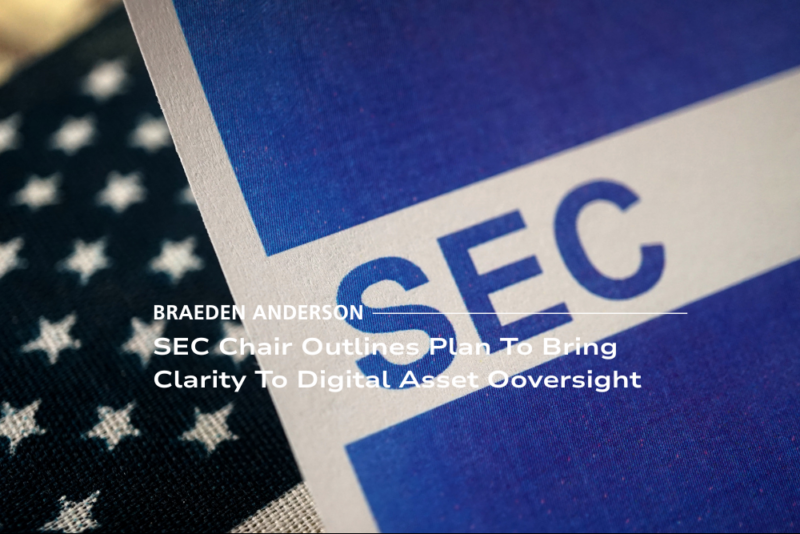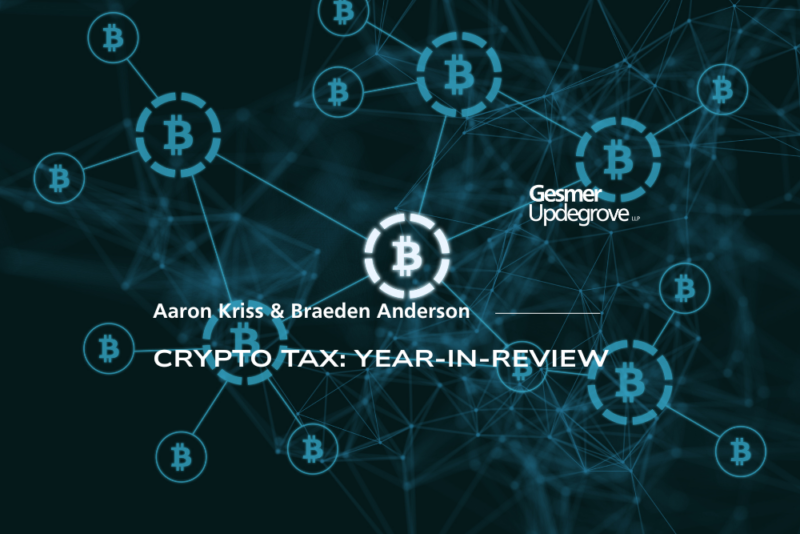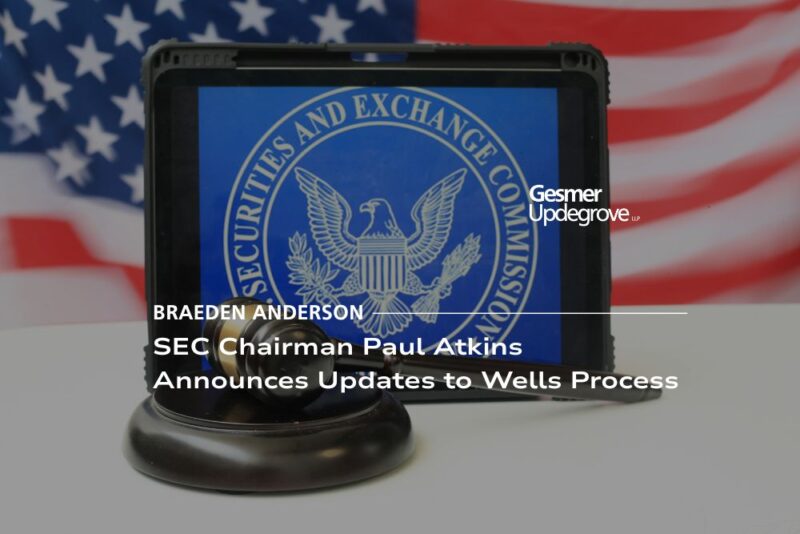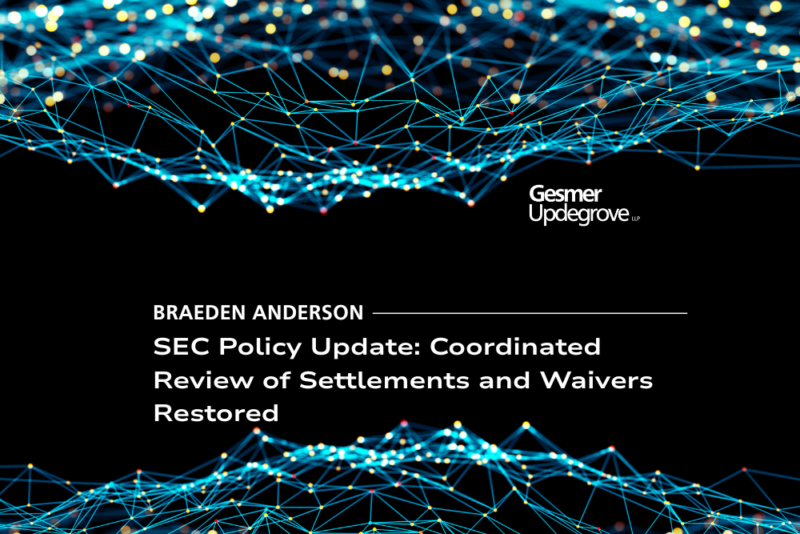Interview with Paula Hunter, Founder/CEO of Mojaloop
Tell Us About Your Journey
Well, I’ve been in high-tech for most of my career. I started more in tech, with technology companies that develop products and services for the various sectors that I’ve worked in. I then made the transition to non-profits in that I became a member of the Board of Directors of various standards groups. Then, ultimately, I started managing standards groups. That’s where I met Andy Updegrove. My first experience with a consortium was the ASP Industry Consortium, probably twenty years ago. Andy had created the whole governance structure for ASP Industry Consortium. Then recently, I got tapped to create the Mojaloop Foundation, which merges technology, philanthropy, and consortia all in one entity.
What is the History of Mojaloop Foundation?
So [Mojaloop was the] brainchild of the Bill and Melinda Gates Foundation. They have a division called Financial Services for the Poor. What they’re trying to do is find ways to address financial inclusion. What they found was that there were technology gaps in the banking system that were prohibiting the unbanked and underserved from getting access to financial services.
So they created an open source project called Mojaloop, and for several years, they invested in its development, the core software architecture. Then they came to me and said, look, we want to spin this out. We want this to be an independently governed project. We want other parties to be able to support it, fund it, and maintain it but also have a say in its long-term direction. What I did, working with Andy and others was create the Mojaloop Foundation, a 501(c)(3), and create a board and governance structure. Now, we’ve been building the community and focusing on deployments in Africa and Asia, and other developing markets.
What Are Some Inspirations That Motivate You?
I admire people that have the patience for the long term. Our projects are very complex. They have many different stakeholders: central banks, governments, commercial sector. Developing a project like this, it’s not a short-term, shrink-wrap solution. It requires maybe a couple of years of education, planning, and implementation design to get to the end game where you have a system that goes live. So [you need] the vision like the Gates Foundation had, and other people that have projects like this have, to stick with it over the long term. You don’t have instant gratification; you don’t get to financial inclusion overnight. So I admire the people that have that vision and the patience to stick with it.
What Challenges Have You Faced?
Some of my challenges have to do with fear and uncertainty concerning open source. Open source is a very well-understood concept in North America and Europe and developed economies, [but less so in many developing economies in our target markets]. There are legal issues, IP concerns, their unsureness about security, and other matters about open source. So really going back fifteen, twenty years to the things that we used to tell the banks here in the United States, why open source is safe and secure. Dusting off those old messages and making sure we don’t take for granted that they understand why open source is good and safe and viable.
What Advice Can You Offer Other Entrepreneurs?
Have a plan, stick to the plan, but know that things are going to change tactically. One of the things that’s important for us to do is reinforce our mission. Yes, all of the little tactical activities that happen day to day to get to your end goal will be refined. I’m not an expert at projecting what my needs are going to be three years from now from a staffing and finance standpoint. But sticking to the mission, having a plan, and tweaking it regularly, hopefully with a good board that provides strategic counsel, is critically important.
It’s so hard, particularly for commercial entities that have shareholders or stock market influences to have to mitigate and contend with. But I think it’s sound advice for whether you’re a start-up, a commercial entity, or a non-profit: stick to your plan, stick to your vision. If it resonates with other people, they’ll deal with the tactical adjustments that you need to make over time.
Where Do You See Mojaloop Foundation in 3-5 Years?
I see Mojaloop as an entity being smaller than we are today. Right now, we’re building up an ecosystem in developing markets. So, we’re doing a lot of advocacy and education that long-term may not be as necessary. We also will see more commercial players involved in bringing the central banks and the digital financial service providers along to use Mojaloop and to knit Mojaloop together, cross-border, amongst different marketplaces, different types of fintech, and micro-finance companies. So the ecosystem will be more vibrant several years from now and the ecosystem will take more control over the ongoing activity associated with Mojaloop. We’ll be able to scale back a little bit and certainly, I know our benefactors would appreciate that as well, but I think the marketplace will step up, it’s just we’re early.
To reach out to Paula Hunter, fill out this form:
What Value Has Gesmer Updegrove Provided to Mojaloop Foundation?
[You have] so many clients that have similar attributes to ourselves. I’m kind of a hybrid from what I’ve been working with in the past. I’ve worked closely with Gesmer Updegrove for standards groups and advocacy groups. What we did was take best practices from those two types of organizations and added this philanthropic side to our work. So, all along our course, our evolution, creating bylaws and governance structure, Gesmer Updegrove has been critical.
It’s not just bylaws, because I know those aren’t particularly sexy, but understanding the nuances of what we can and cannot do as a 501(c)(3). Because of course, we need an income stream. Yes, we’re not-for-profit, but we still need money coming in. Knowing what we can and can’t do, what’s within boundaries. Because they’ve been working with these types of companies for so long, they see different structures and they can provide us advice on how to create sponsorship opportunities, and membership opportunities that can help us diversify our income stream and be less dependent strictly on philanthropies.
So [the fact that they have] a lot of practical experience and examples to cite, [and can] introduce us to entities that have created similar structures, has been just a shortcut for me in making decisions about our structure and how we evolve as a nonprofit.
Why Do You Go With Gesmer?
It’s experience and expertise in this category. A lot of people, when they ask me what I do, and I start explaining that I run nonprofit consortia, their eyes kind of glaze over. It’s a very specialized area. It’s not traditional tech law, it’s not traditional start-up law, but it’s working very closely with some of the largest technology companies in the world. so, if I have to put a set of bylaws in front of IBM, Intel, or Google, I know Gesmer has already put bylaws in front of them. They understand what flies with their corporate offices, and their corporate legal teams.
So again, that expertise and experience, are just as a shortcut for me. I don’t have to go to Intel’s legal firm and say, here are some bylaws that you’ve probably never seen before. Gesmer knows what flies in those large corporate entities. So that’s been very helpful in all the consortia that I’ve worked with.
But again, just having the practical experience, what’s worked, what hasn’t worked, what would run afoul of the IRS, no, you don’t want to go there. All of that practical experience for a very specialized category of law, consortia, IP for consortia, and the like has been just immensely helpful.
The other reason for us was the personal touch that the Gesmer team provided. Being here locally in Boston it was important to us that we had someone that we could easily call up and we knew that they would be able to help us if we were in a difficult situation. So having that deep personal connection was so important.
Click below to read more about the attorney involved with Mojaloop:
Check out some of our latest publications:
- SEC CHAIR OUTLINES PLAN TO BRING CLARITY TO DIGITAL ASSET OVERSIGHT

- CRYPTO TAX: YEAR-IN-REVIEW

- The Third Circuit Reaffirms Section 10(b) and Rule 10b-5’s Standards for Misleading Statements and Scienter

- SEC Chairman Paul Atkins Announces Updates to Wells Process

- SEC Policy Update: Coordinated Review of Settlements and Waivers Restored

- SEC Provides Key Update on Treasury Clearing Rule Implementation

